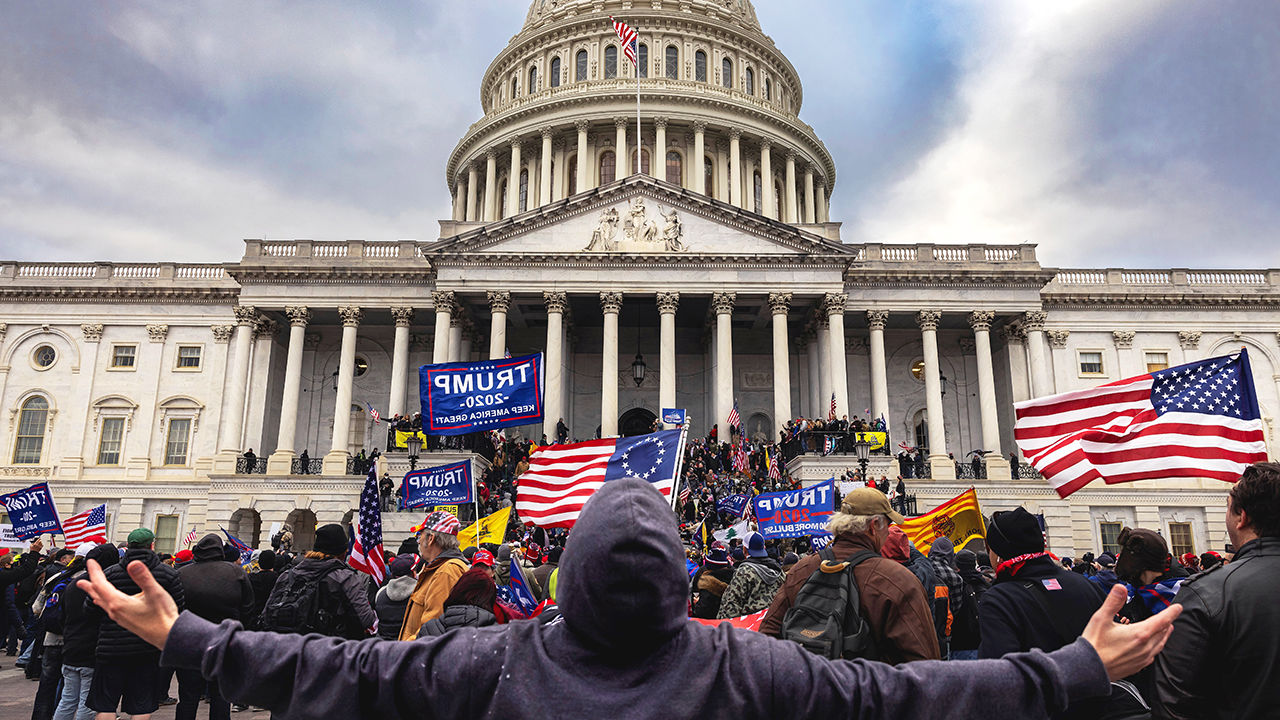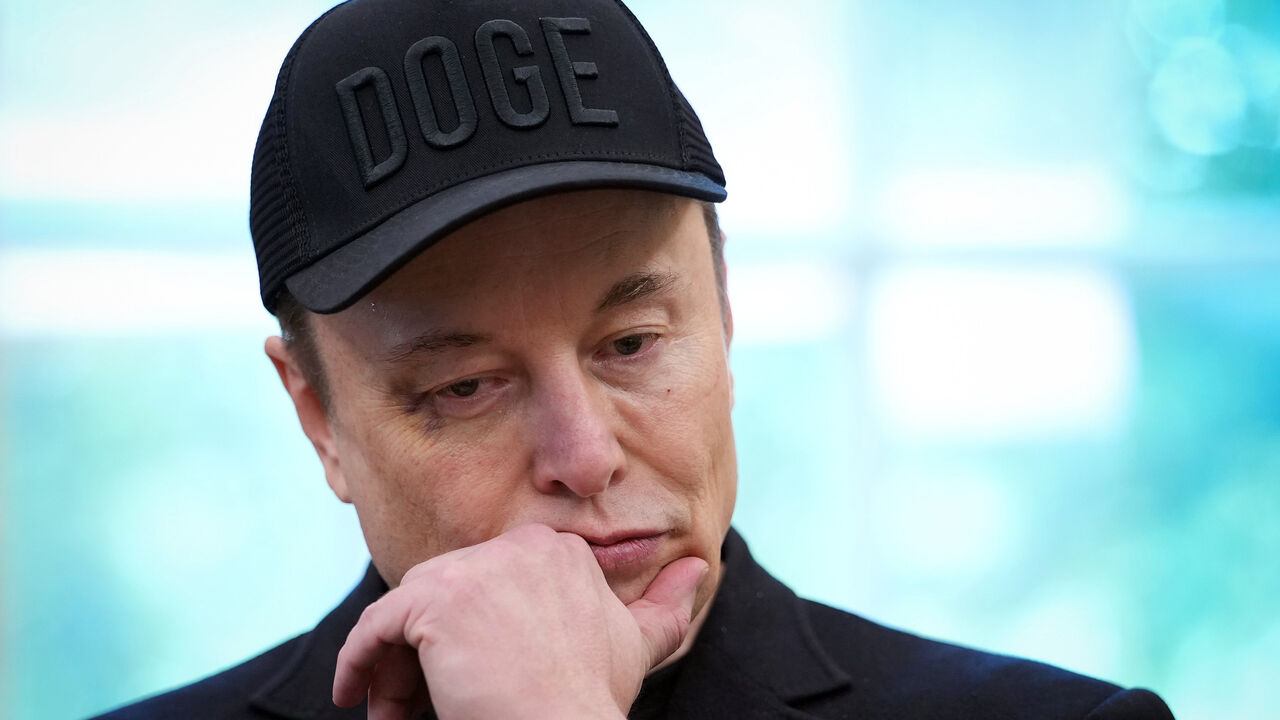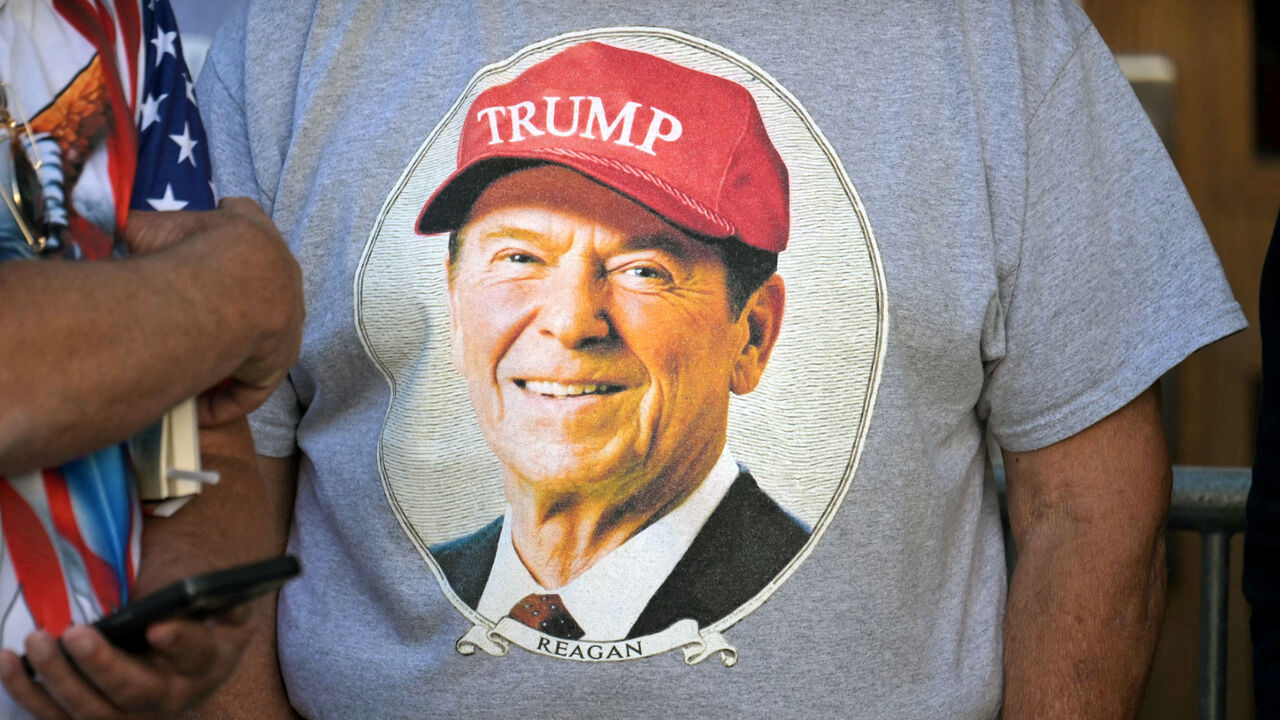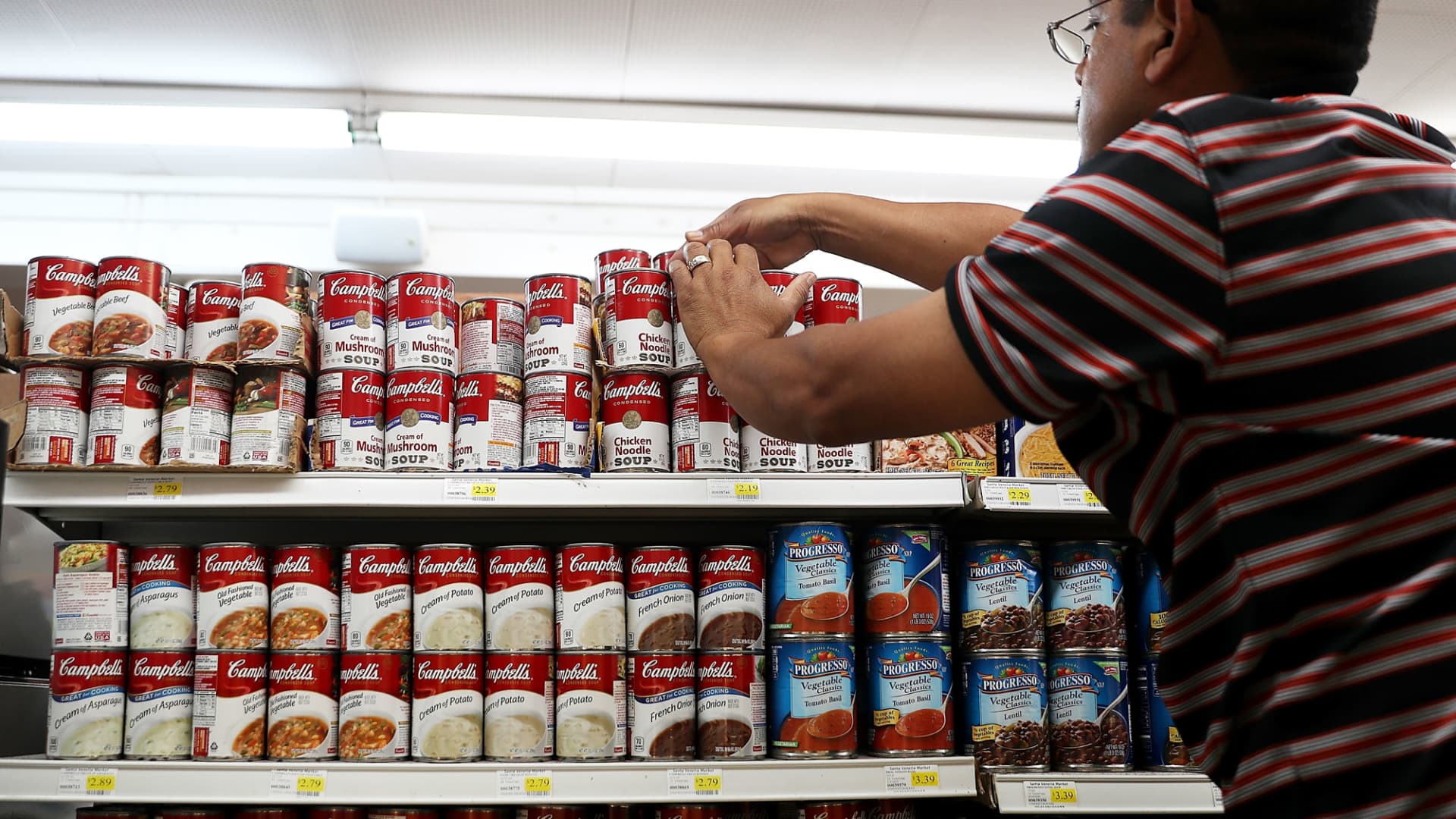THIS IS A big one,” Donald Trump said as he signed a clemency order for nearly 1,600 January 6th rioters just hours after being sworn into office. By evening Enrique Tarrio, the leader of the Proud Boys, a far-right group, who had served three years of a 22-year sentence in federal prison for choreographing the attack on the Capitol, was in a holding cell in Louisiana awaiting release. Back in Miami, Mr Tarrio says that a full pardon was what he expected “from day one after the election”.
The plans that he made for life after liberation won’t start just yet. His first day home is “a moment of zen” before he figures out what is next for him and for the Proud Boys. To those who say that the pardons represent a whitewashing of what happened on January 6th Mr Tarrio replies that his imprisonment in the first place was an injustice. “I understand their game, you take the opponents’ pieces off the board,” he says. “And I’m down to play that game, right? But we’re not at that point yet.” He is not “calling for it”, but he means that his team too can lock people up.
Mr Trump’s amnesty was more sweeping than its beneficiaries had anticipated. “This is leaps and bounds better than I could have hoped,” says John Kinsman, a Proud Boy who served four years in prison. “Never in a million years” did he think that Mr Trump would set every January 6th “hostage” free. All but 14 leaders of the Proud Boys and Oath Keepers, a militia, who breached the Capitol building, were granted full pardons. Their pardons lift penalties that typically arise from felony convictions, such as restrictions on buying guns, visiting certain foreign countries and, in some states, voting. Those who weren’t pardoned had their sentences commuted. In those cases, Mr Trump said, his team needed to do “further research”.
The outcome seemed surprising because just last week J.D. Vance, now the vice-president, told viewers on Fox News that “if you committed violence on that day obviously you shouldn’t be pardoned.” Yet many who had were. Pam Bondi, Mr Trump’s nominee to lead the Department of Justice (DoJ), echoed Mr Vance’s restraint. The fact that Mr Trump overruled them suggests that the scope of his final decision was his own idea. Mr Trump said those imprisoned had served enough time.
To some career DoJ lawyers who brought the cases, Mr Trump’s actions only reinforce their belief that he sought on January 6th to goad his supporters to sack the Capitol. “This is one of the most candid acknowledgments that what happened that day is what he intended,” says a senior DoJ lawyer. It is indeed reasonable to see the pardons as an endorsement of the mob violence that took place. In the summary of his now-dismissed case published on January 7th, Jack Smith, the special counsel who investigated Mr Trump’s role, wrote that his office had sufficient evidence to “obtain and sustain a conviction”. But Mr Trump has now made sure that the meaning of the January 6th assault will be long contested. To many of the president’s supporters, the pardons rectify an injustice arising from overreach by Mr Trump’s foes.
It is unarguable that soon hundreds of people who punched police, smashed windows and broke through barricades will be home. Though many of them are ordinary doctors and businessmen, at least 200 have pledged allegiance to a militia-like group. In interviews Proud Boys across America say that jail time has subdued their movement—and watch-dog groups like Miami Against Fascism agree that their power has been “severely diminished”.
Nonetheless political violence, both on the left and the right, has increased since 2021; there were two lone-wolf attempts on Mr Trump’s life during the campaign. According to an analysis by Robert Pape of the University of Chicago, the DoJ prosecuted 26 threats against members of Congress between 2022 and 2023. Yet Mr Trump’s administration may not pursue domestic radicals as forcefully as Joe Biden’s administration did. ■

 Personal Finance1 week ago
Personal Finance1 week ago
 Blog Post1 week ago
Blog Post1 week ago
 Economics6 days ago
Economics6 days ago
 Economics1 week ago
Economics1 week ago
 Accounting6 days ago
Accounting6 days ago
 Personal Finance1 week ago
Personal Finance1 week ago
 Economics6 days ago
Economics6 days ago
 Personal Finance6 days ago
Personal Finance6 days ago



















